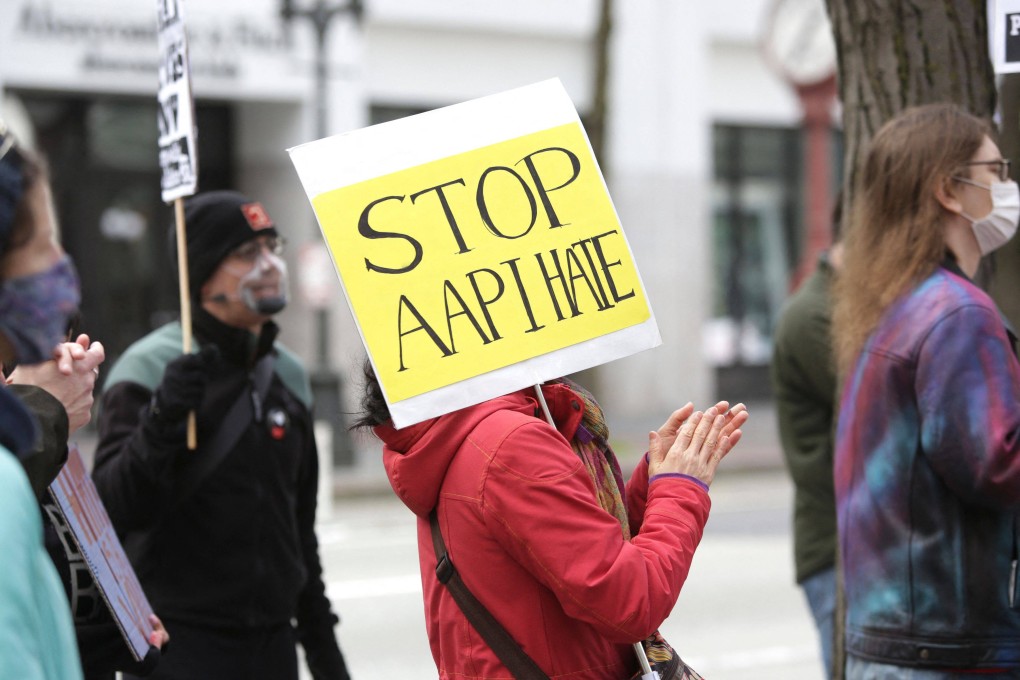Opinion | Why are Asian-Americans being left out of diversity and equality initiatives?
- In the wake of movements like #BlackLivesMatter, companies and institutions in the US have scrambled to raise their diversity, equity and inclusion credentials
- Yet within the new departments and programmes these efforts have spawned, there appears to be a lack of Asian voices, despite a worrying rise in anti-Asian sentiment

This time last year, during Asian-American & Pacific Islander Heritage Month, I received a bevy of “Happy AAPI Month” messages from friends and colleagues, accompanied by a smiley face or, perhaps, a dumpling emoji.
This May also marks two years since the revival of the #BlackLivesMatter movement following the killing of George Floyd.
In the aftermath of the murder, public and private institutions in the US and elsewhere ramped up efforts to improve diversity, equity, and inclusion. Their actions have spawned a whole new job title.
Type in these three words on job search platforms such as LinkedIn or Indeed, and you’ll find hundreds of openings at companies, universities, hospitals, law firms and so on.
Entire departments, fellowships and even certificate programmes (note Cambridge, Stanford, Cornell) are being born out of the inclusivity and diversity movement.
